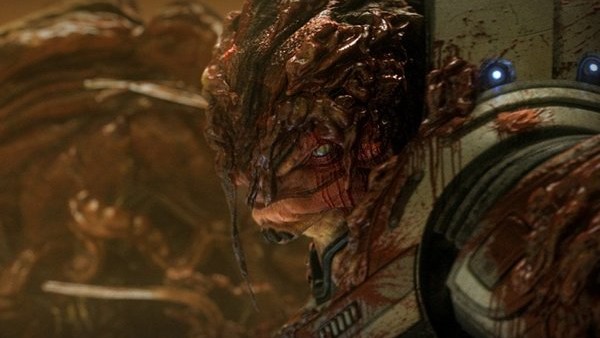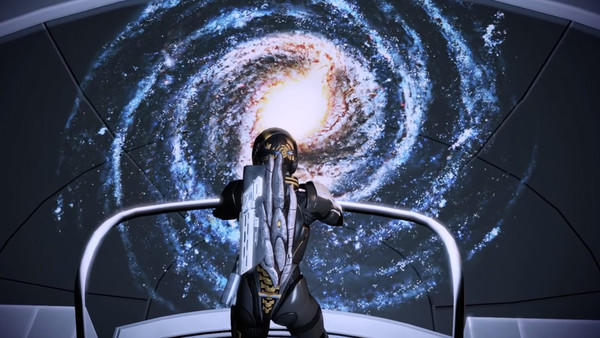How Mass Effect Fixed Video Game Storytelling
Galactic, Yet Grounded

There are certainly deeper social commentaries of xenophobia, and a prominent emphasis cultural differences that provide problems and situations that hit close to home (like Cerberus' devotion to human development and the Krogan's distaste for almost every race not from Tuchanka).
Inserting very real human issues that litter headlines in the real world into a universe-spanning story of galactic survival ensures the series and its characters remain interesting to the player.
The sci-fi genre is regularly quick to confuse, and chatter about obscure alien technology so often sends a story spiralling out of control, but the injection of real world talking points while reaching for the stars wonderfully keeps the players' attention throughout. We don't know the inner workings of the Prothean weapon designed to defeat the reapers in Mass Effect 3, and the game doesn't try to explain it to you, which makes room for the far more interesting themes of survival and hope that the series relies on so much.

Commander Shepard could just as easily be Aquaman and the Normandy could just as easily be a submarine; the sci-fi setting doesn't matter anywhere near as much as the story unfolding, and weaving in and out of countless planets' orbit is a lovely --albeit unimportant-- dressing for an incredible tale to be told.
Though the Normandy zips from cluster to cluster in a flash (well, in the time it takes to load the next screen), Mass Effect's emphasis on very human politics and social issues are at the centre of its success as a story. Resisting the ruthless practices of Cerberus while tensely working alongside them in the second game is made easier by uncovering their obvious xenophobia, and forging a bond with all manner of races highlights the importance of fighting for a common cause, regardless of physical, emotional or social differences.
Cont.